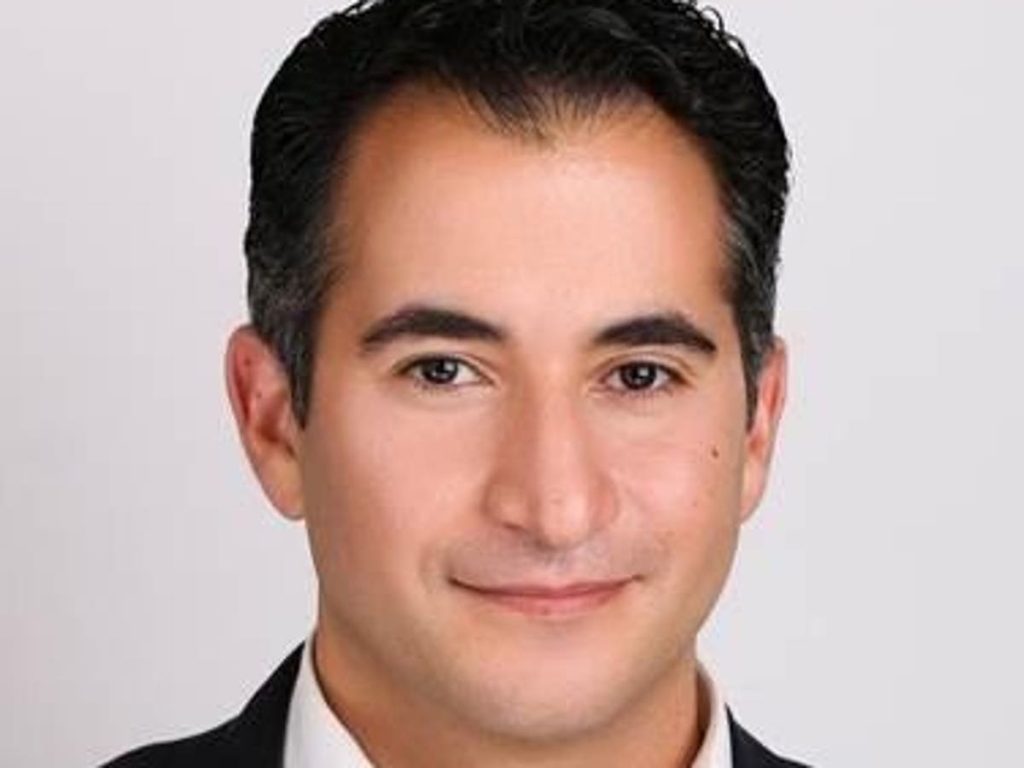Joshua Vlasto, a partner at Bamberger & Vlasto, has extensive experience in public affairs and investor relations, particularly in philanthropic and financial sectors. He is notably recognized within the cryptocurrency realm as the spokesperson for Fairshake, a super PAC largely supported by influential cryptocurrency firms and investors including Coinbase and Andreessen Horowitz. Fairshake made a substantial mark in the recent elections, having spent over $130 million to support various candidates and successfully securing more than 48 wins, which included notable defeats for seasoned politicians like Senate Banking Committee Chairman Sherrod Brown and known cryptocurrency skeptics such as Katie Porter and Jamaal Bowman. The organization’s strategy was notably bipartisan, allocating funds toward a variety of critical races across both parties, underscoring its commitment to promoting the cryptocurrency industry’s interests without being confined to a single political ideology.
The origins and strategic approach of Fairshake were central to Vlasto’s discussion, particularly in the wake of the FTX collapse, which severely negative impacted the public perception of the crypto industry. Vlasto clarified that Fairshake was born out of necessity post-FTX, aiming to represent a more organized and focused approach to cryptocurrency advocacy. The super PAC’s strategy diverged from earlier, chaotic approaches exemplified by previous industry efforts led by FTX. Despite having ambitious fundraising goals—with Fairshake raising $171 million—Vlasto emphasized that the primary aim was to impact the conversation and demonstrate to Congress the industry’s commitment to responsible regulation and innovation.
When asked about the alignment among donors regarding Fairshake’s objectives, Vlasto highlighted that the strategy’s clarity played a crucial role in fostering agreement. The PAC’s decision to skip presidential elections and concentrate its resources down-ballot stemmed from strategic foresight, aiming to support congressional candidates positioned to push for regulatory change rather than seeking to influence the presidential race directly. Vlasto indicated that this approach reinforced the bipartisan coalition vital for passing legislation, which is typically generated in Congress, and confirmed that maintaining their strategy despite evolving political dynamics was essential to their mission.
Interestingly, Vlasto addressed the issue of bipartisan alliances within the PAC’s operational strategy. While some candidates received support irrespective of their party affiliation, there was a clear criterion focused on promoting those who would endorse the crypto industry and collaborate across the aisle. Notably, Fairshake actively opposed candidates undermining collaborative efforts—illustrated by their focus on well-known dissenters in the party, including Katie Porter and Jamaal Bowman. The losses experienced by these figures elucidated a broader voter sentiment favoring the crypto ecosystem and underscored the diminishing viability of isolationist political rhetoric surrounding cryptocurrency.
Throughout their campaign efforts, Fairshake deployed nuanced messaging that extended beyond promoting cryptocurrencies. The emphasis centered on broader themes that resonated with voters, such as innovation and job creation, while occasionally drawing attention to candidates actively obstructing industry progress. Positive engagement was prioritized, but targeted opposition against key figures was also employed to underscore the stakes involved. This tactical flexibility allowed Fairshake to navigate complex political landscapes and align messaging to maximize electoral success effectively.
In concluding, Vlasto reflected on the lessons garnered from the elections, emphasizing the importance of strategic coherence and execution. He expressed satisfaction with the level of commitment and financial backing received from industry leaders, which validated Fairshake’s approach. Responding to criticism regarding the scale of spending in this electoral cycle, Vlasto maintained that the concerted effort by the crypto industry to solidify its influence was transparent and aimed at effecting measurable change. As Fairshake prepares for the 2026 midterms, Vlasto indicated a strategy focused on retaining bipartisan support and addressing both House and Senate candidates who either aligned with or opposed the industry, illustrating an unwavering commitment to shaping cryptocurrency policy in the evolving political landscape.

